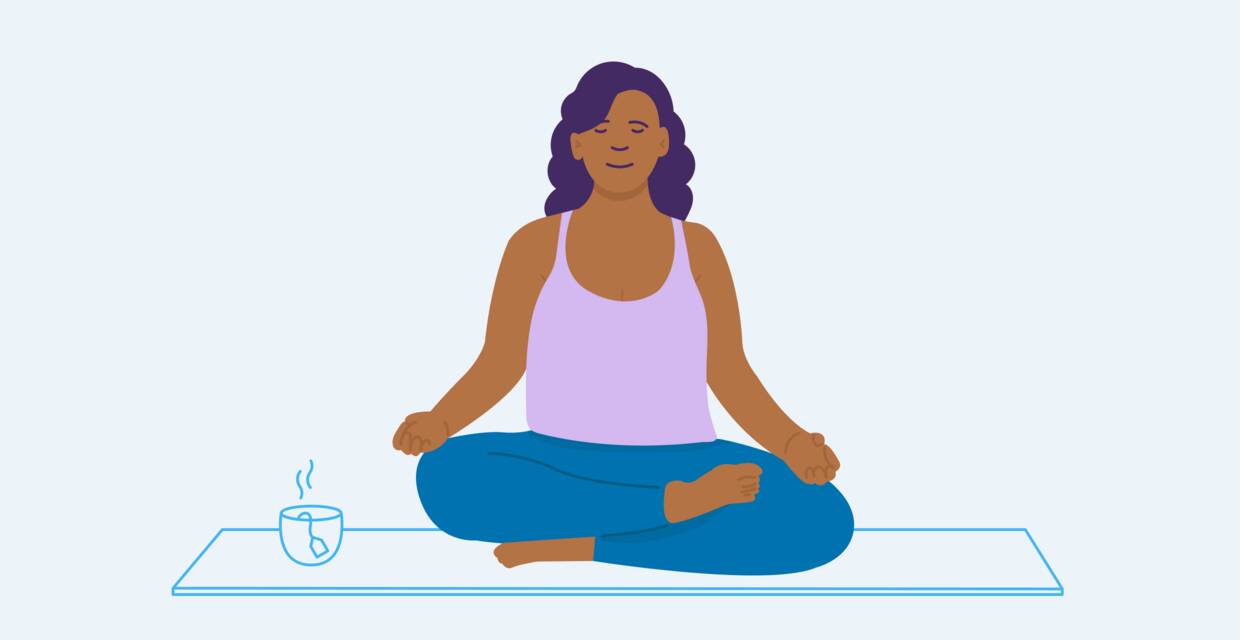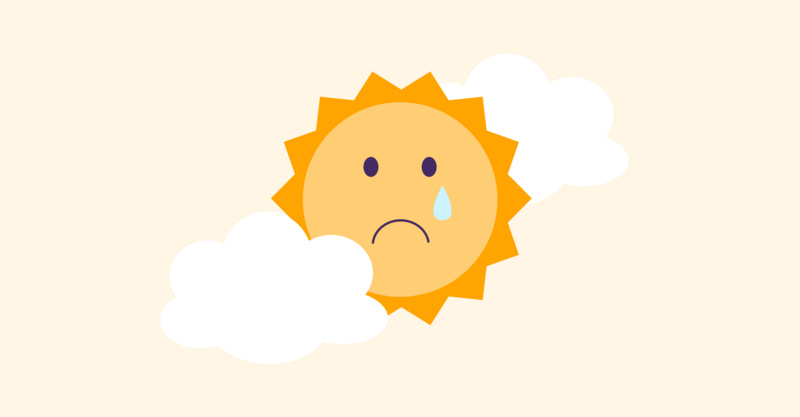Key Points
- The article discusses the long-term stress effects of the pandemic, emphasizing that it's normal to feel physically and mentally drained. It suggests six strategies to regain energy and balance.
- The first strategy is practicing strategic self-care, which involves thoughtful actions that address immediate needs. The article encourages readers to ask themselves what they need at the moment to feel better.
- The second strategy is to declutter the calendar, similar to the Marie Kondo method. This involves determining which commitments are necessary, important, or exciting, and removing the rest.
- The third strategy is to create new milestones to celebrate, which can trigger dopamine release and increase motivation. The fourth strategy is to monitor alcohol intake, as excessive consumption can decrease energy levels and mental clarity.
- The fifth strategy is to adopt a growth mindset, which can influence positive behavior and help manage mental exhaustion. The final strategy is to seek medical help if feeling overly fatigued or anxious, emphasizing the availability of telemedicine services.
If you’re feeling drained, anxious about the future, and suffering from lack of sleep, you’re not alone. The human body isn’t adapted to the long-term stress of a multi-year pandemic, and we’re all feeling the long-term effects.
In addition to the mental and emotional challenges of coronavirus life, it’s normal to feel physically drained. Maybe your once non-negotiable workout routine has fallen to the wayside, or your meditation practice is now non-existent. Women, especially, tend to feel that they have to do it all, all the time. If we can offer a bit of comfort: you’re not the only one.
It can be helpful to remember that these circumstances are beyond what anyone has experienced before. You don’t have to feel pressured to live up to the same productivity standards you may have set for yourself before. Read on for 6 strategies for getting your physical and mental energy back so you can crush it–“it” being whatever your daily life demands from you.
1. Practice strategic self-care
Coping with the pandemic is more of a marathon than a sprint, and going for too long without giving yourself time to recharge can lead to exhaustion and burnout. The remedy? Self-care.
Self-care looks different for everyone. What’s most important is being strategic about your self-care practice. Essentially, you don’t want to practice self-care for the sake of it but, instead, opt for thoughtful actions that truly address your immediate needs. Simply ask yourself, “What do I need at this moment in time to feel better?”
While sometimes self-care might be a glass of wine and a long phone call with an old friend, it may be that what you need –in other words, what will help you restore your energy and balance– is a yoga class and a cup of tea. Tomorrow, or even later on the same day, the opposite could be true.
While self-care during a pandemic may be the furthest thing from your mind, it’s important to remember that you can’t pour from an empty cup. Taking good care of yourself, physically and mentally, is the kindest thing you can do for you and for the people who rely on you. Committing to self-care–whatever that looks like for you–can give you the energy you need to make it to the finish line. If you’re struggling to take care of yourself, don’t be afraid to reach out for help. Your friends, family, and doctor are all great resources to lean on when you need support.
2. Marie Kondo your calendar
At the beginning of the pandemic, many of us responded “yes” to every virtual calendar invite we got as a way to stay connected and fill the time. Then, as things started re-opening, many of us rushed out to socialize in-person again — and over-scheduled ourselves in the process. There’s nothing wrong with wanting to stay busy, but don’t forget that too many activities, even enjoyable ones, can take a toll on your body and mind.
Similar to the Marie Kondo method of getting rid of anything from your home that doesn’t spark joy, clearing out your calendar with the same mentality can help you regain control of your time and your energy. Pull up your calendar app and determine which scheduled commitments are necessary (aka non-optional, like work meetings), what’s important (such as volunteer events or your best friend’s birthday party), and what you’re excited about –and ditch the rest.
3. Create new milestones to celebrate
When you reach a milestone or accomplish something meaningful, even if it’s a small moment of achievement on your way to a bigger goal, your body releases dopamine. This neurotransmitter plays a major role in your ability to enjoy different activities, focus, and stay motivated.
As you’ve adjusted to your new normal, the dopamine boosts you once got when you made progress toward your goals may be far less frequent. Though your daily routine may look different now, you can still achieve the sense of satisfaction you used to get when you made progress on your goals. Determine a new set of milestones to work toward, and enjoy the renewed energy you feel when you reach them. Bonus points for giving yourself a small reward to celebrate your hard work.
4. Watch your alcohol intake
We’re not going to tell you to completely avoid alcohol. Still, we are going to highlight Nielsen’s fascinating data showing that alcohol purchases went way up as stay-at-home orders were enforced across the country. Wine (naturally) was up over 27%, with three-liter boxed wine up an astonishing 53% from pre-coronavirus sales. The study also shows that beer and liquor sales skyrocketed.
If you’re noticing a major lag in your energy level throughout the day, or your mental clarity and stamina, take note of how much alcohol you’re consuming. As long as it’s healthy for you to do so, having a glass of wine (or two!) at the end of a long day isn’t a big deal. But if you’re helping boost those numbers we cited above by a significant increase in your adult beverage intake, cutting back could help you regain physical and mental energy. Plus, since alcohol is a depressant, lowering how much you consume can boost your mood.
5. Adopt a growth mindset
There are two mindsets people generally adopt: a fixed mindset or a growth mindset. People with a fixed mindset tend to believe that your skills and abilities are set in stone and unchangeable. On the flip side, growth-minded people believe that, with effort, they can learn new skills. At first thought, your physical and mental energy levels might seem to be unrelated to your mindset. However, research shows that your mindset and your behavior are linked.
For example, if you have a fixed mindset and you’re feeling mentally drained, you may think “this is just the way it is.” You're then less likely to implement behaviors that may help you feel more energized. If you have a growth mindset and are feeling mentally exhausted, your instinct will likely be to do something about it, influencing positive behavior that does help you feel better. The best way to start adopting a growth mindset is to pay attention to your thoughts. When you catch yourself thinking in a fixed mindset, try to reframe your thought to something more positive.
6. If you need to, see your doctor
If you’re feeling overwhelmed and anxious about the Delta variant, it can be tempting to put off the healthcare you need. But if you’re feeling overly fatigued, experiencing depression or anxiety, or worried that your health is at risk in any other way, it’s important to get care when you need it, so your health condition doesn’t worsen. Thankfully, telemedicine is an option at many doctor’s offices now, so you won’t even need to leave your home to be seen by a doctor. Solv makes it easy to get the care you need without leaving your home. Book a virtual care appointment today.
Frequently asked questions
How can I cope with the stress and anxiety caused by the pandemic?
One of the most effective ways to cope with the stress and anxiety caused by the pandemic is through practicing strategic self-care. This involves taking thoughtful actions that address your immediate needs. It could be anything from having a glass of wine and a long phone call with an old friend, to taking a yoga class and having a cup of tea. It's important to remember that taking care of yourself, physically and mentally, is the kindest thing you can do for you and for the people who rely on you.What is a good way to manage my time and energy during the pandemic?
A good way to manage your time and energy is by applying the Marie Kondo method to your calendar. This involves determining which scheduled commitments are necessary, what's important, and what you're excited about, and getting rid of the rest. This can help you regain control of your time and energy.How can I stay motivated and energized during the pandemic?
One way to stay motivated and energized is by creating new milestones to celebrate. When you reach a milestone or accomplish something meaningful, your body releases dopamine, which plays a major role in your ability to enjoy different activities, focus, and stay motivated.How does alcohol intake affect my energy levels and mood during the pandemic?
Consuming too much alcohol can lead to a major lag in your energy level throughout the day, or your mental clarity and stamina. Alcohol is a depressant, so lowering how much you consume can boost your mood and help you regain physical and mental energy.How can adopting a growth mindset help me cope with the pandemic?
Adopting a growth mindset can influence positive behavior that helps you feel better. For example, if you're feeling mentally exhausted, having a growth mindset will likely prompt you to do something about it, rather than accepting it as an unchangeable fact.What should I do if I'm feeling overly fatigued or experiencing depression or anxiety during the pandemic?
If you're feeling overly fatigued, experiencing depression or anxiety, or worried about your health in any way, it's important to seek medical help. Many doctor’s offices now offer telemedicine, so you can get the care you need without leaving your home.


 LinkedIn
LinkedIn










